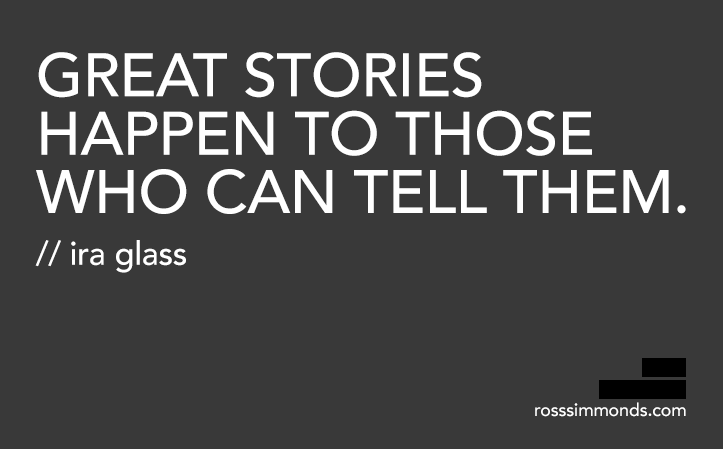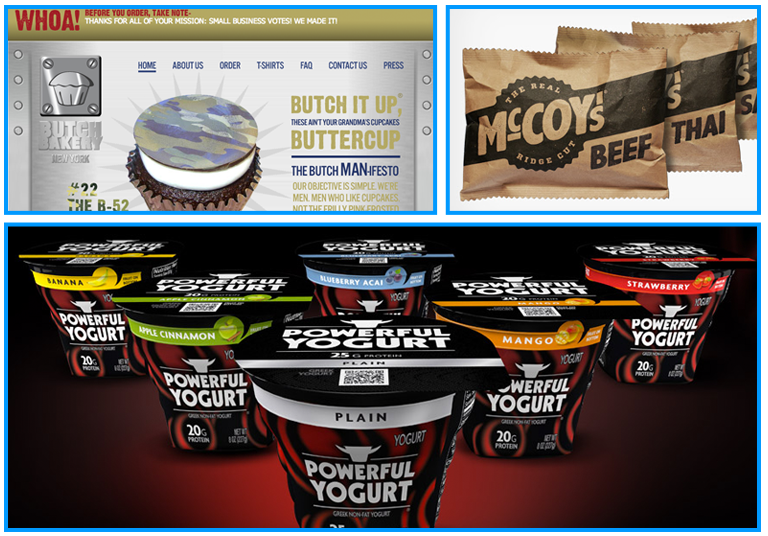If you’ve been working in marketing long enough, you probably already understand the importance of storytelling. Over the last few years, I’ve studied and committed myself to learning everything I can about the art and science of storytelling. It’s been quite the ride as I’ve spent time studying everything from formal literature to the writings of authors on Quora and Reddit.
Storytelling has been a part of our lives from the time we’re kids. It’s challenging to think back to the days of playing catch in a field or rolling down a hill with your fingers crossed just hoping you don’t hit a rock. I can remember as a kid, sitting on the back of my parents bed as they would read to me the story of a cat wearing a hat or eggs that were green.
In the same vein that these stories will carry with me for years to come, I carry stories that can be associated with brands. Each of us do. We remember the first time we bought a CD. We remember the emotion that hit our bodies when we opened a Super Nintendo on Christmas. We remember the restaurant we went to on our first date with our now wife or husband. Our life is filled with stories.
Yet, somewhere along the line of pixels and social media, many brands forgot the importance of telling a compelling story. Storytelling is a commitment that requires a brand’s attention 365 days a year. It’s through stories that allow brands to connect with a person on a more human level. It’s an emotional connection with humans that is at the core of why people feel differently about an Apple Computer versus an HP Computer. It’s this emotional connection that led to the Cola Wars, Sneaker Wars and Console Wars. It’s stories that align with our worldviews that shape our taste and opinions.
Recognize that the story doesn’t start and end with marketing.
The story needs to be woven throughout the entire brand experience. Whether you’re running an enterprise startup or consumer packaging product design – Experience is everything.
The experience someone has when they purchase a MacBook is very different from the experience of buying a Dell computer. Similarly, the experience of eating a bag of fancy organic granola is different from eating your every day granola bar.
A quick look at these designs and you can identify that the story behind these products are telling are targeted towards men:
Storytelling is an equalizer and when done effectively, a game changer (tweet this).
It’s an equalizer because it can influence an audience’s perception to favour one product over another; even when the value proposition and features are very similar. It’s what makes some people Coke fans and others Pepsi fans. It’s what makes some people loyal to MasterCard while others are glued to Visa.
The evidence that supports the game changing nature of storytelling can be found in several case studies from various industries. To start, you can look no further than Facebook as it compares to MySpace or FriendFeed to really understand how deep the story goes into a products development. From there, you can look at brands like Skittles & Oreo who have used a combination of content marketing and reactive storytelling to stand out and be leaders in their space.
Every decision you make in your business combines to form what can be considered your brand story.
It’s the story behind a pair of headphones that allowed Beats By Dre to completely change to headphone industry. The story that Dr.Dre wanted people to hear music the way he heard it. It was a story that resonated with Monsters target audience; the cool kids who loved music. Since launch, Beats By Dre have gone on to become a music empire with an estimated worth over $1billion. In fact, recent studies from NPD Group showed that Beats by Dre represent 64% of headphones selling for more than $100 in the US.
That’s the power of storytelling. Are Beats By Dre the best headphones on the market? Are they the best value? Depending on who you ask, the opinions and thoughts will differ.
Yet, one thing that cannot be denied is the effectiveness of their story.
What brands have you seen use storytelling effectively?


